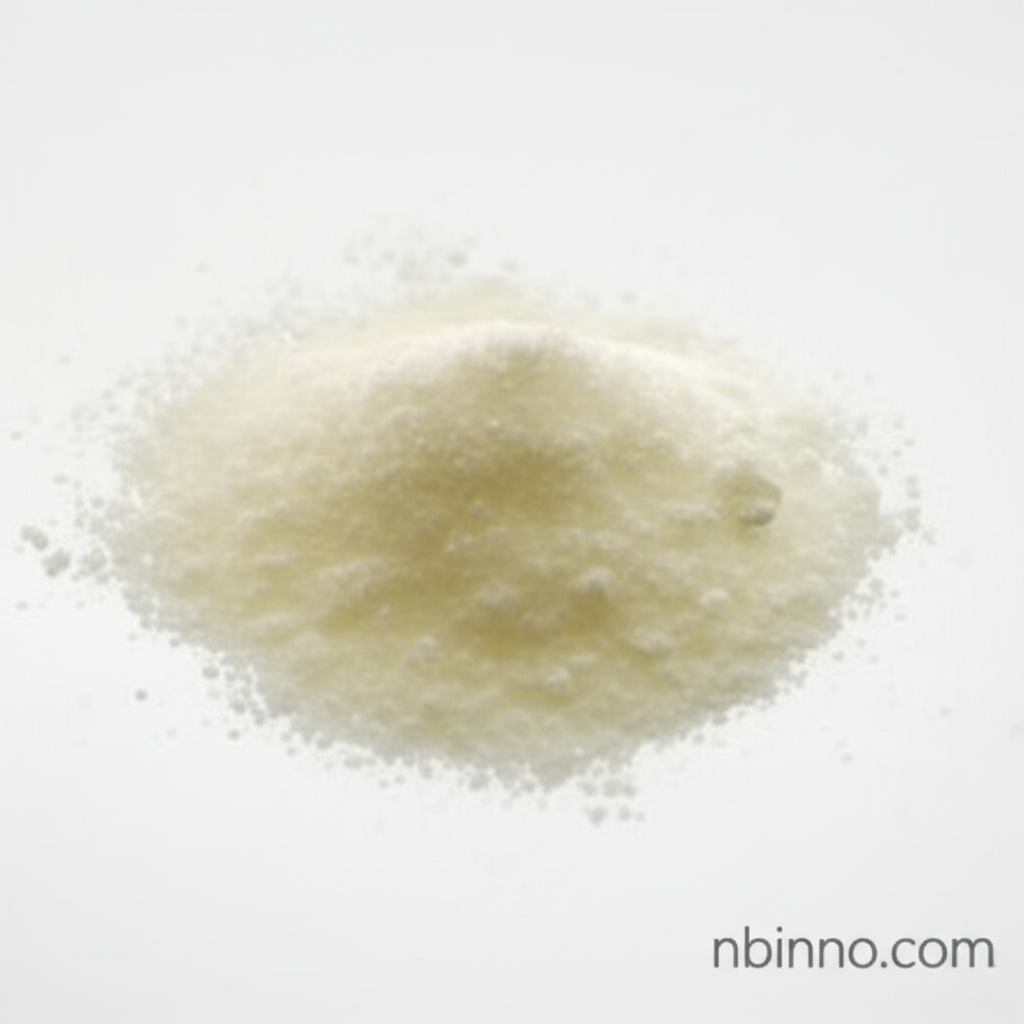Heptanoyl Chloride: A Versatile Organic Intermediate
Discover the essential properties, synthesis, and diverse applications of Heptanoyl Chloride in modern chemical industries.
Get a Quote & SampleProduct Core Value

Heptanoyl Chloride
Heptanoyl Chloride is a crucial organic intermediate with a distinct transparent colorless to light yellow liquid appearance. Its primary utility lies in its role as a reactive acyl chloride, facilitating the introduction of heptanoyl groups into various organic molecules. This makes it indispensable in the synthesis of a wide array of compounds, ranging from esters and amides to more complex pharmaceuticals and agrochemicals.
- The significance of heptanoyl chloride in organic synthesis allows for precise molecular modifications essential in creating specialized chemical compounds.
- Exploring heptanoyl chloride applications in pharmaceuticals reveals its contribution to developing new drug intermediates and active pharmaceutical ingredients.
- Understanding heptanoyl chloride properties, such as its boiling point of 173 °C and density of 0.96 g/mL at 25 °C, is key for effective handling and reaction optimization.
- Heptanoyl chloride as a key building block enables the efficient production of diverse chemical entities for various industrial sectors.
Key Advantages
Versatile Reactivity
Its reactive nature as an acyl chloride allows for efficient acylation reactions, making it a preferred reagent for introducing heptanoyl groups into alcohols and amines, crucial for developing molecules with tailored properties.
Broad Applicability
From the synthesis of esters used in flavors and fragrances to its role in pharmaceutical development and polymer chemistry, its versatility supports innovation across multiple industries.
Essential Intermediate
Heptanoyl chloride serves as a fundamental building block, enabling the creation of complex molecules and contributing significantly to advancements in chemical synthesis and materials science.
Key Applications
Organic Synthesis
As a key reagent in organic synthesis, heptanoyl chloride facilitates the creation of numerous organic compounds, driving innovation in chemical research and development.
Pharmaceutical Development
Its role in synthesizing pharmaceutical intermediates aids in the development of drugs that require specific acylation reactions, contributing to medical advancements.
Liquid Crystal Intermediates
Heptanoyl chloride is also utilized as an intermediate in the production of liquid crystals, highlighting its importance in advanced materials science and electronics.
Agrochemicals and Specialty Chemicals
The compound is vital in the production of agrochemicals and specialty chemicals, where precise molecular structures are paramount for efficacy and performance.
